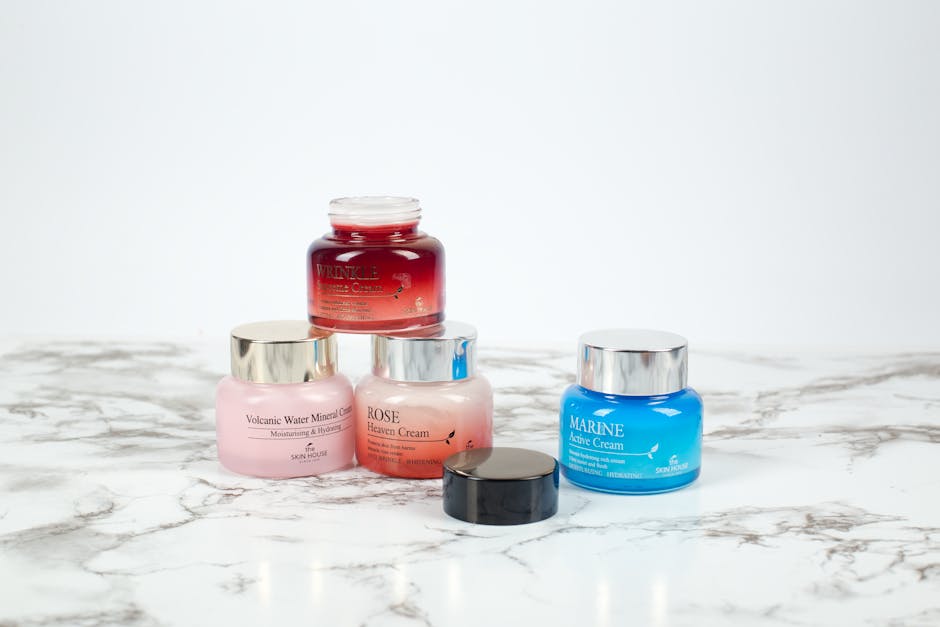
What Does Each Step in Skincare Actually Do? The Science Explained
Ever followed a 10 step Korean skincare routine night after night without seeing results? Or maybe you’ve wondered why each product matters at all. Let’s break down the science and reveal what every single step actually does for your skin. Prepare to build a routine based on facts—not just hype.
10 Step Korean Skincare Routine Night – What It Actually Does
The 10 step Korean skincare routine night process enhances skin health by layering targeted treatments in a scientifically supported order. Each step supports hydration, repair, and protection while maximizing ingredient absorption.
- Oil Cleanser: Dissolves makeup and sebum without stripping the skin.
- Foam Cleanser: Removes water-based impurities and prepares skin for treatment.
- Exfoliator: Sloughs off dead skin and unclogs pores, improving texture.
- Toner: Rehydrates and balances skin pH after cleansing.
- Essence: Delivers hydration and primes skin for active ingredients.
- Serum: Targets specific concerns like acne, wrinkles, or dullness.
- Sheet Mask: Saturates skin with serum-grade ingredients.
- Eye Cream: Nourishes delicate eye areas to reduce puffiness and lines.
- Moisturizer: Seals hydration and strengthens the skin barrier.
- Sleeping Pack: Locks in actives and repairs skin overnight.
Step 1: Oil-Based Cleanser
Oil cleansers use the “like dissolves like” principle to melt away sunscreen, makeup, and excess sebum. This is essential for removing lipid-based impurities that water-based cleansers can't handle. Formulas with mineral oils, botanical esters, or hydrocarbon chains emulsify upon rinsing, leaving no residue.

Step 2: Water-Based Cleanser
Following with a water-based cleanser eliminates sweat, dirt, and residual surfactants. The goal is to ensure a clean canvas while preserving the acid mantle (skin's natural barrier). Look for low-pH formulas (5.0–5.5) to minimize barrier disruption and inflammation.
Step 3: Exfoliator
Exfoliation clears dead skin cells that can block pores or cause dullness. Chemically, AHAs (like glycolic acid) work on the surface, while BHAs (like salicylic acid) penetrate oil-filled pores. Physically, gentle beads or enzyme powders mechanically lift debris.

Step 4: Toner
Modern toners are no longer astringents—they hydrate, restore pH, and prep skin for better absorption. Ingredients like glycerin, hyaluronic acid, and centella asiatica soothe and boost permeability of following treatments.
Step 5: Essence
Essences are fluid formulas that hydrate deeply while delivering antioxidants or probiotics. They’re designed with smaller molecules to penetrate quickly and enhance the bioavailability of serums or ampoules layered afterward.

Step 6: Serum / Ampoule
These are concentrated treatments targeting specific concerns like pigmentation, aging, or acne. They include actives like niacinamide, retinol, peptides, and vitamin C. Their small molecular structure allows them to penetrate the epidermis and stimulate cellular responses.
Step 7: Sheet Mask
Sheet masks provide intensive hydration and boost ingredient penetration through occlusion. Think of them as a time-release treatment that holds actives on the skin longer. Materials range from cotton to bio-cellulose, each affecting absorption differently.

Step 8: Eye Cream
Eye creams contain peptides, caffeine, and ceramides that reduce puffiness, brighten dark circles, and strengthen thin under-eye skin. Their thicker consistency ensures the delicate area retains moisture without irritation.
Step 9: Moisturizer
Moisturizers form the final hydration seal, often combining occlusives (like dimethicone), emollients (like squalane), and humectants (like glycerin). They prevent transepidermal water loss and reinforce the lipid barrier for smoother, plumper skin.
Step 10: Sleeping Mask / Night Cream
These night-specific treatments enhance repair functions during the skin’s peak regeneration phase (10 p.m. – 2 a.m.). Ingredients like ceramides, hyaluronic acid, and peptides support collagen synthesis and cell turnover while you sleep.

Understanding the 10 Step Korean Skincare Routine Order
Each step in the 10 step Korean skincare routine order builds upon the previous one. The routine follows the principle of layering from the lightest to the heaviest product, optimizing absorption and efficacy while minimizing irritation. Proper order ensures that water-based products sink in before heavier oils or occlusives block their path.
10 Step Korean Skin Care Routine for Oily Skin
Oily skin benefits from lightweight, non-comedogenic formulations in the 10 step Korean skin care regimen. Opt for gel cleansers, BHA exfoliants, mattifying essences, and water-based moisturizers to control shine without stripping skin.
- Use oil cleansers with tea tree or salicylic acid
- Skip daily exfoliation—try 2–3x weekly
- Choose hydrating toners over astringents
- Sheet masks with green tea or centella calm oil production
10 Step Korean Skin Care Routine Day and Night Differences
Daytime skincare focuses on protection; nighttime focuses on repair. While the steps remain similar, the ingredients shift. Mornings include SPF and antioxidants; evenings feature retinoids, peptides, and restorative masks.
| Step | Daytime | Nighttime |
|---|---|---|
| 6. Treatment | Vitamin C | Retinol or Peptides |
| 9. Moisturizer | Light Cream or Gel | Richer Cream |
| 10. Final Step | Sunscreen | Sleeping Mask |
FAQs
Do I need all 10 steps every night?
No, tailor your routine based on your skin’s needs. Focus on core steps like cleansing, toning, treating, and moisturizing.
Can I combine day and night products?
Some products can overlap, like cleansers and toners, but night treatments (like retinol) should not be used in the day due to sun sensitivity.
How long does the full routine take?
On average, 15–25 minutes including drying time between steps.
Is this routine safe for sensitive skin?
Yes, if you use gentle, fragrance-free products and avoid over-exfoliating. Always patch test new items.
Related Articles:
- What Happens If You Skip a Skincare Step? Here’s the Science
- How Does a 5 Step Skin Care Routine Protect Your Barrier?
Pillar Articles:



0 Comments